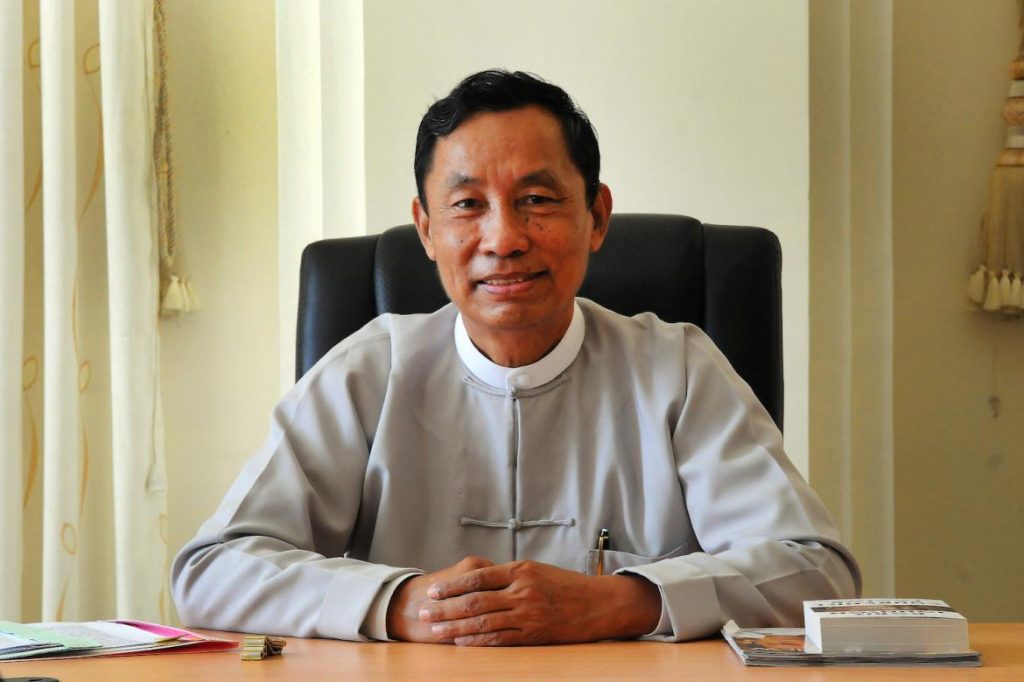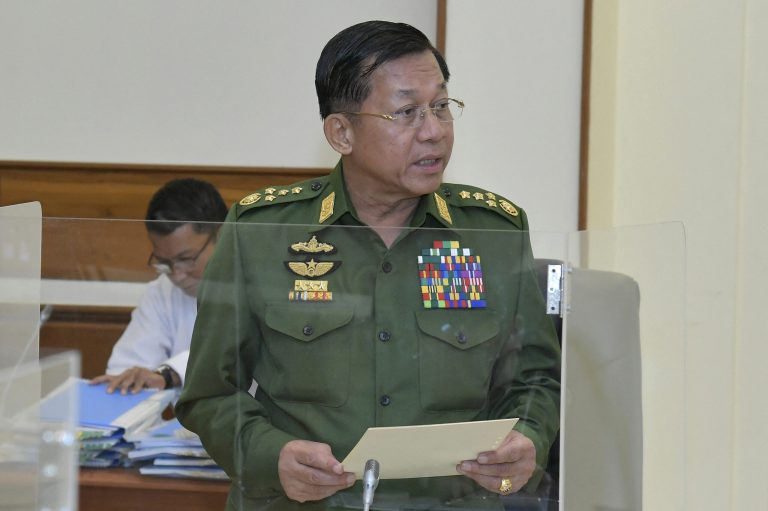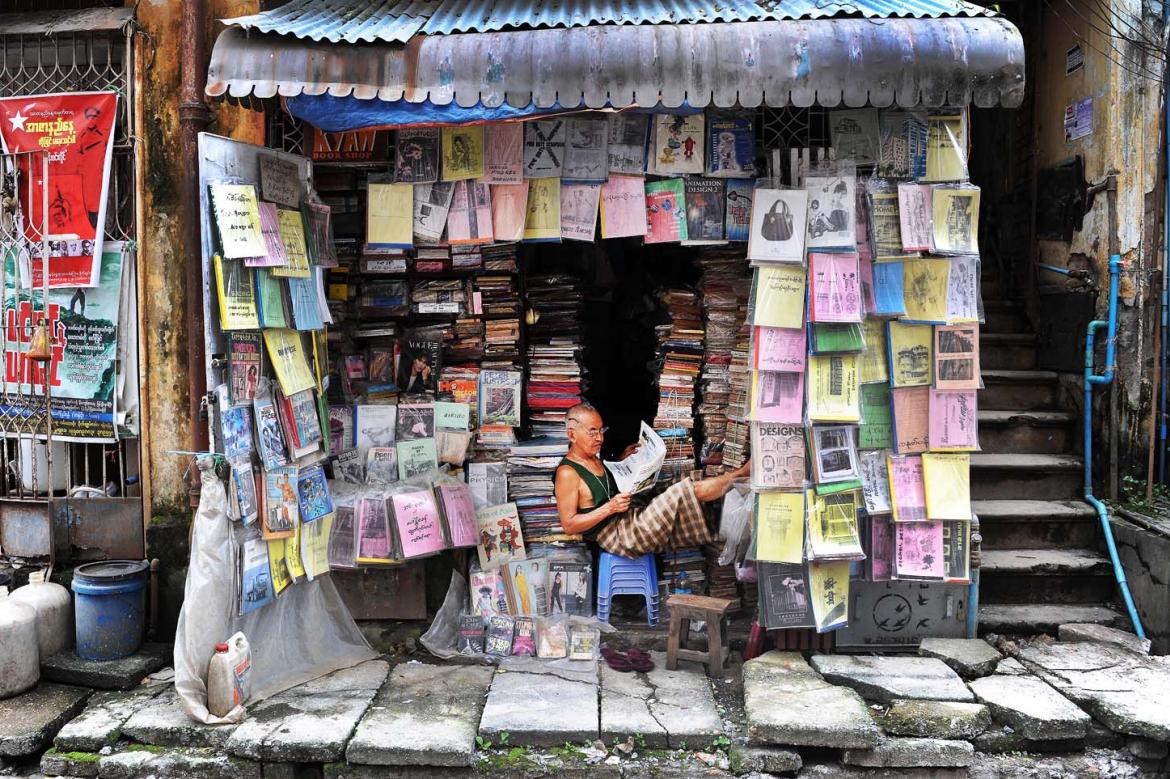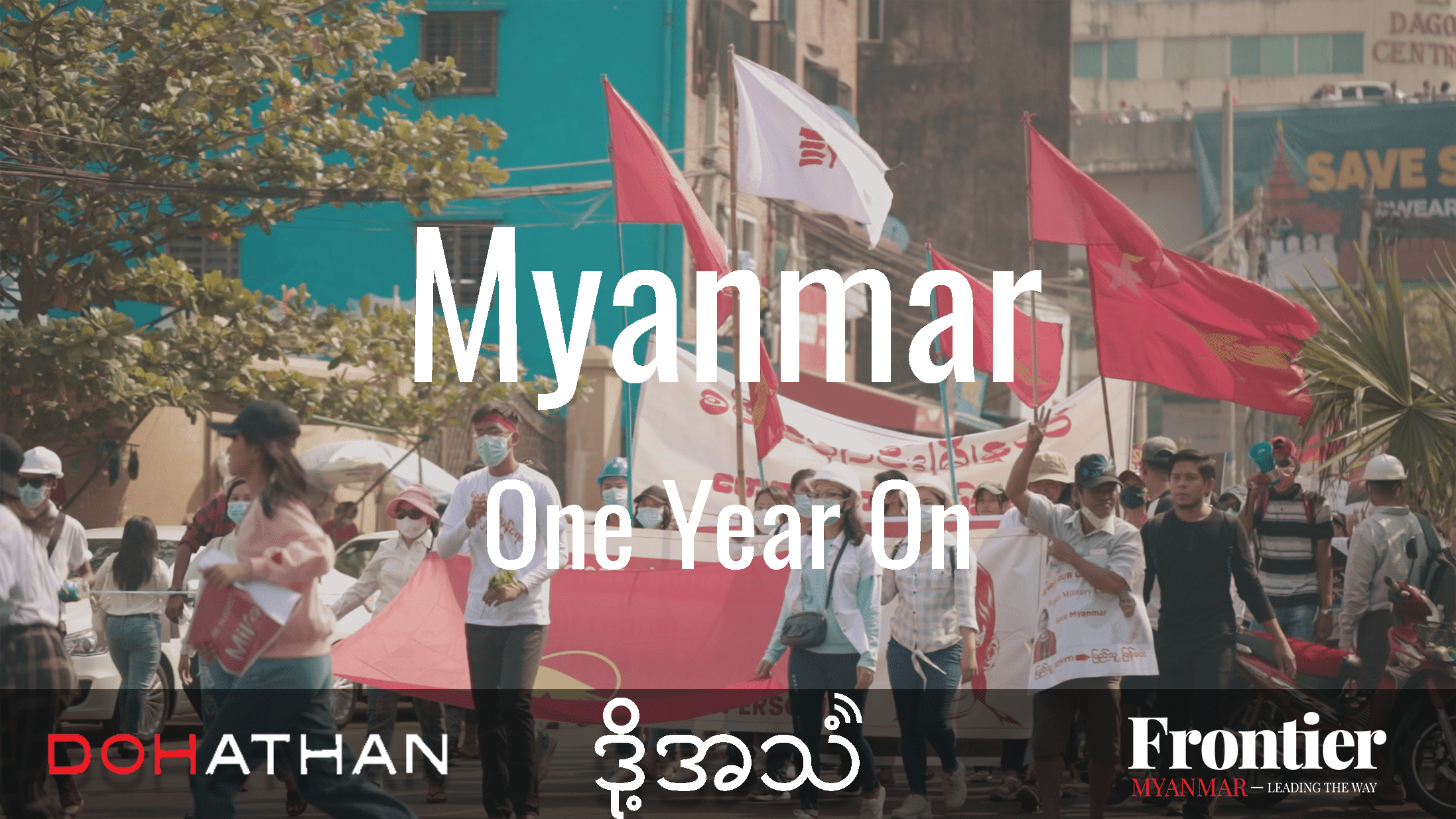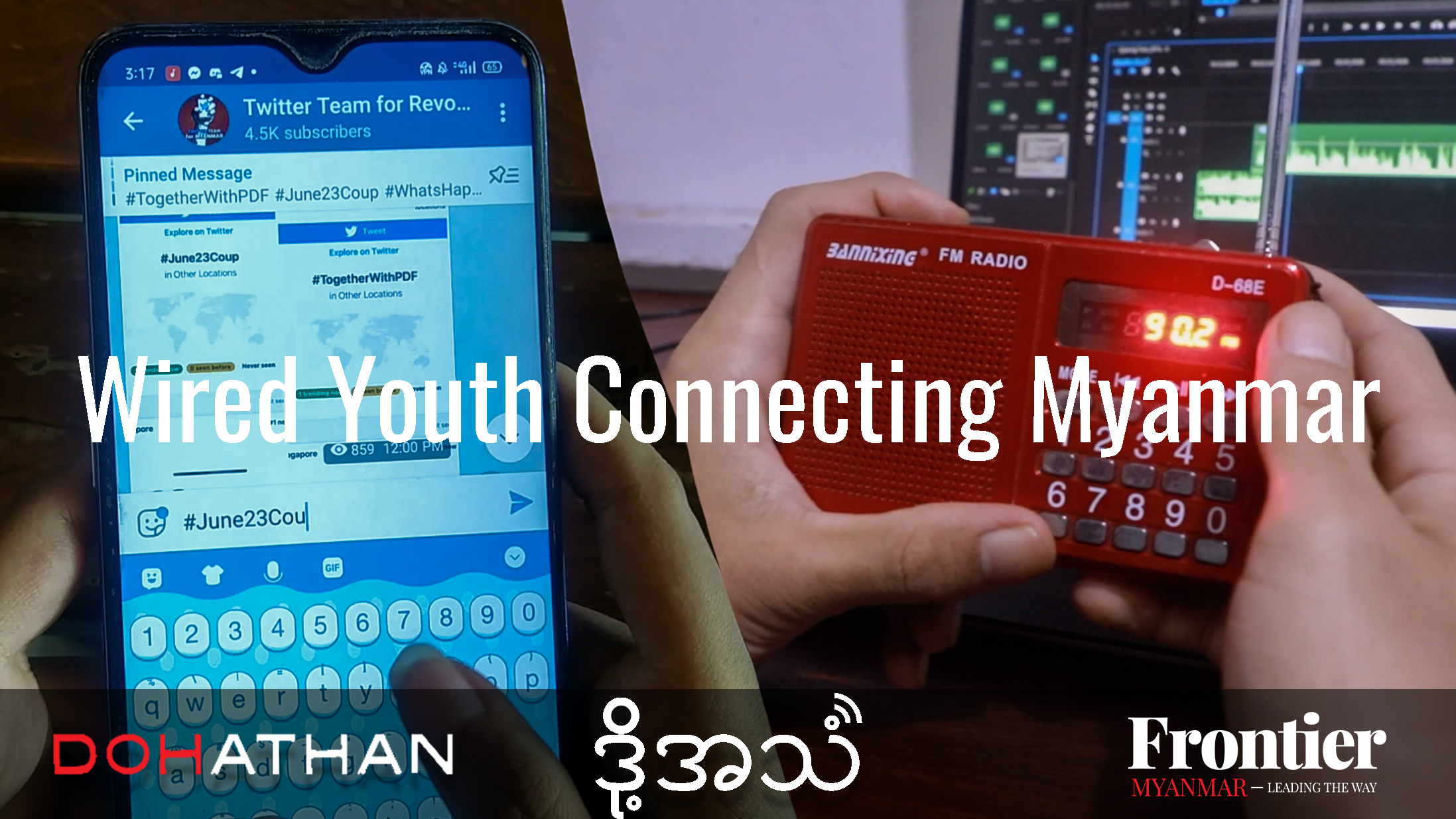By CLARE HAMMOND | FRONTIER
YANGON — U Shwe Mann on Tuesday announced the formation of a new political party, the Union Betterment Party, which intends to “work with the people” to build a federal union and to develop the economy.
The party will also focus on education, health, culture, rule of law and peace, and on “developing a constitution suitable for the Union of Myanmar”, a post on Shwe Mann’s official Facebook page said, ending months of speculation over whether the former Tatmadaw general and confidant of State Counsellor Daw Aung San Suu Kyi would compete in the 2020 general election.
Shwe Mann appears to have anticipated constitutional amendment being a key issue in the election as debate opened on Tuesday in Myanmar’s national legislature on a motion to form a joint committee to amend the Tatmadaw-drafted 2008 Constitution.
This is the closest the NLD has come to challenging the military on the issue of constitutional change since taking power, despite making charter reform a pillar of its 2015 election campaign.
Support more independent journalism like this. Sign up to be a Frontier member.
It is not yet clear whether the Union Betterment Party would seek an alliance with the NLD or any other party, or how widely it intends to contest the election.
Ko Htin Kyaw Aye, the founder of Ānanda Data, a tech and open data collective that promotes civic engagement in politics said it appeared from Shwe Mann’s statement on Facebook that the party “would like to appeal to business elites and the general public who believe the NLD has no specific plans in governing the country”.
The pledge to amend the constitution to make it more suitable for the country was designed to avoid taking a specific stance on constitutional reform, Htin Kyaw Aye said, and to give the party space to work with a variety of stakeholders.
Once the third highest-ranked official in the former junta, Shwe Mann was appointed speaker of the lower house of the new parliament in 2011. He chaired the ruling Union Solidarity and Development Party until August 2015, when his long-running and public rivalry with then-President U Thein Sein came to a head.
In what was described by the media as a party coup, armed police surrounded the Nay Pyi Daw headquarters of the USDP and Shwe Mann was forced to resign as chair along with several of his allies on the central executive committee. His run of bad luck continued in the November 2015 election when he lost the lower house seat for his Bago Region hometown of Phyu to NLD candidate U Than Nyunt.
But his relationship with Aung San Suu Kyi, which had become increasingly close since the NLD entered parliament in 2012, paid off. In February 2016, before the NLD had formed a government, Shwe Mann was offered the chairmanship of the Legal Affairs and Special Cases Assessment Commission, a powerful parliamentary body with broad responsibilities, which he created in 2011.
Military lawmakers have repeatedly opposed extending the commission’s mandate, which is renewed annually, because they argue its activities are illegal. Shwe Mann is considered a traitor by many in the military because of his feud with Thein Sein and his close relationship with Aung San Suu Kyi.
Htin Kyaw Aye told Frontier that he understood some members of the special commission would join the Union Betterment Party.
“It’s not against the law for them to join the party and to keep their special commission roles,” he said.
“But they should resign from their posts once [the party] is officially registered. It wouldn’t be good for the image of the hluttaw if an active political party with no elected MPs is influencing it”.
U Aung Myo Kyaw, spokesperson for the Assistance Association for Political Prisoners, a non-government organisation, said on Tuesday that he supported the creation of strong opposition parties that could hold the NLD accountable.
Regardless, he said, the ruling party is likely to face challenges to its power in the 2020 election and would need to be prepared as democracy in Myanmar evolved beyond “one-party rule”.
– Additional reporting by Su Myat Mon


